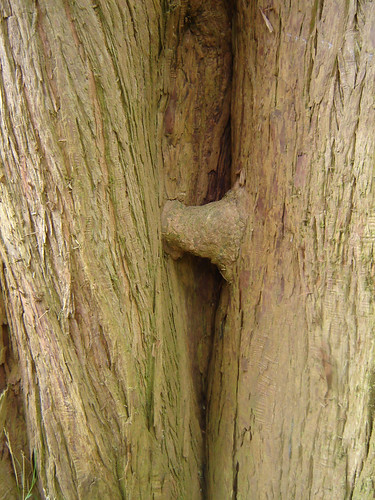"The musical qualities of verse create their own concentration. Prosody draws the mind into a heightened alertness in which other powers of insight and imagination may also come into being; its forms bring a poem together, urging the memorable compression in which poetry begins. But a poem's interweavings of sound do something else as well: they signal the way every part of a poem affirms its connection with all the rest, each element speaking to and with every other. A glittery, multifaceted expression of interconnection is among poetry's central gifts.
One way poetry connects is across time. Saying a poem aloud, or reading it silently if we do so with our full attention, our bodies as well as our minds enter the rhythms present at that poem's conception. We breathe as the author breathed, we move our own tongue and teeth and throat in the ways they moved in the poem's first making. There is a startling intimacy to this. Some echo of a writer's physical experience comes into us when we read her poem; if the poem is our own, it is our own past that reinhabits our bodies, at least in part. Shaped language is strangely immortal, living in a meadowy freshness outside of time."
--Jane Hirshfield, from Nine Gates





No comments:
Post a Comment